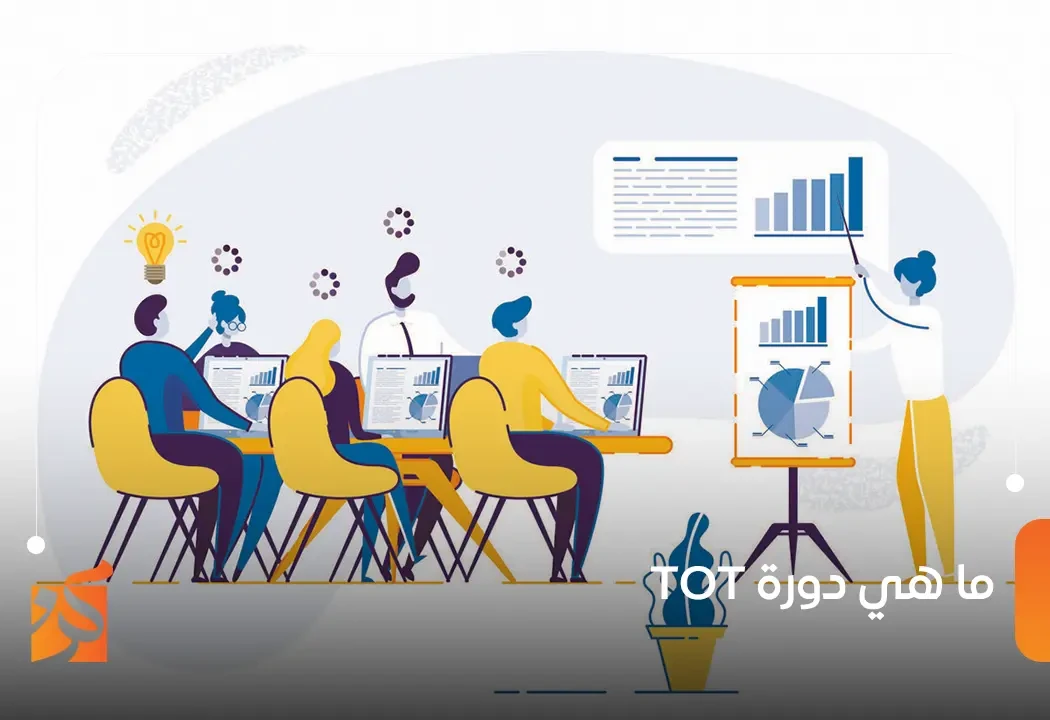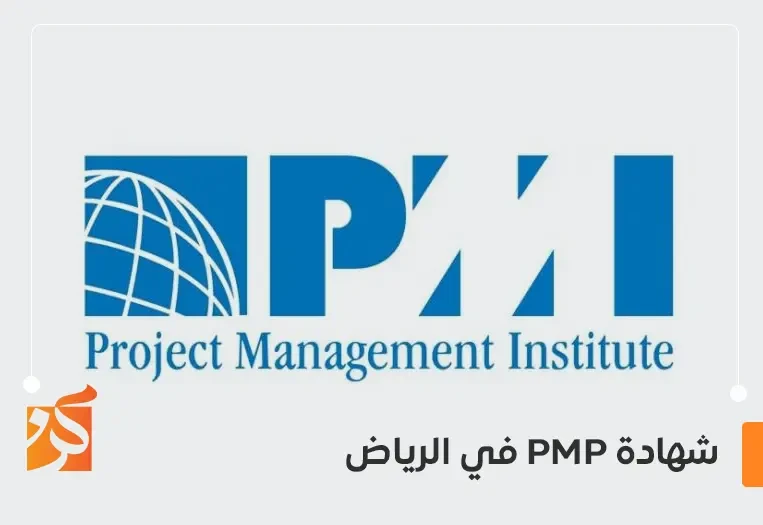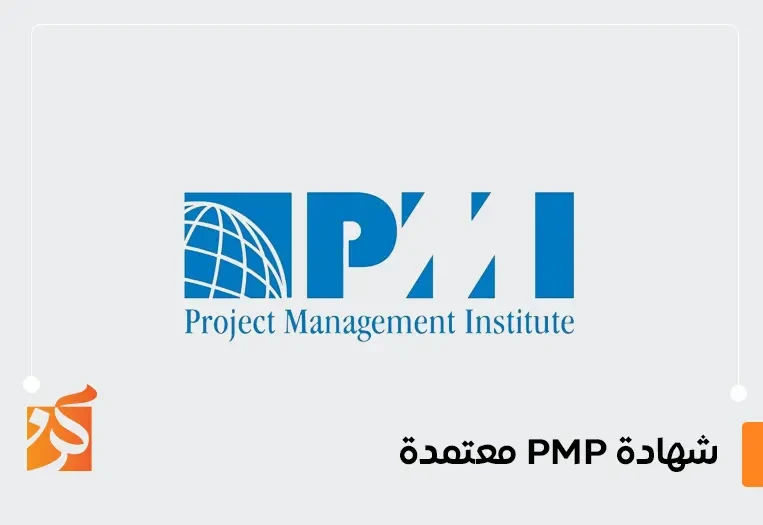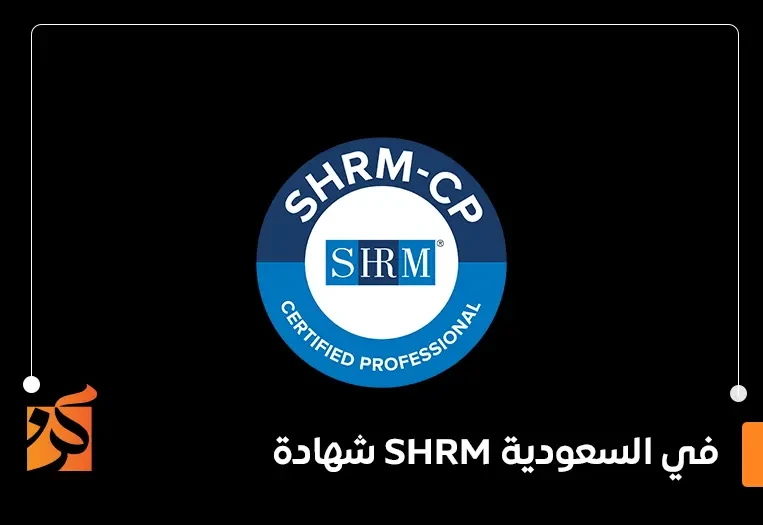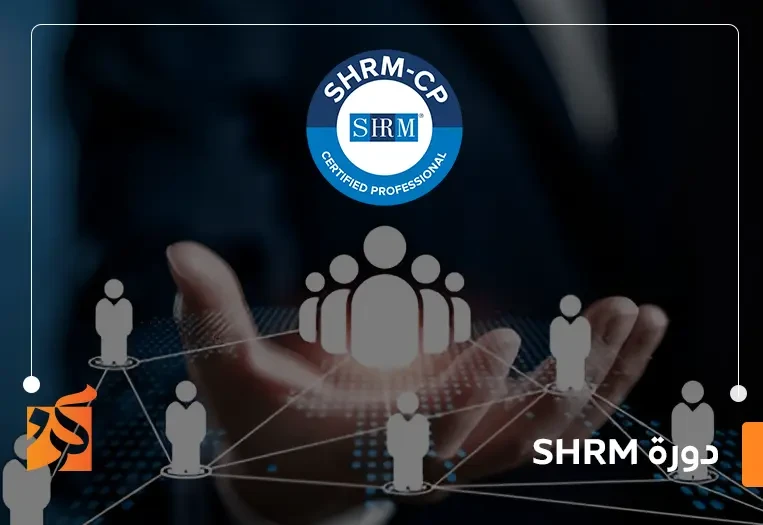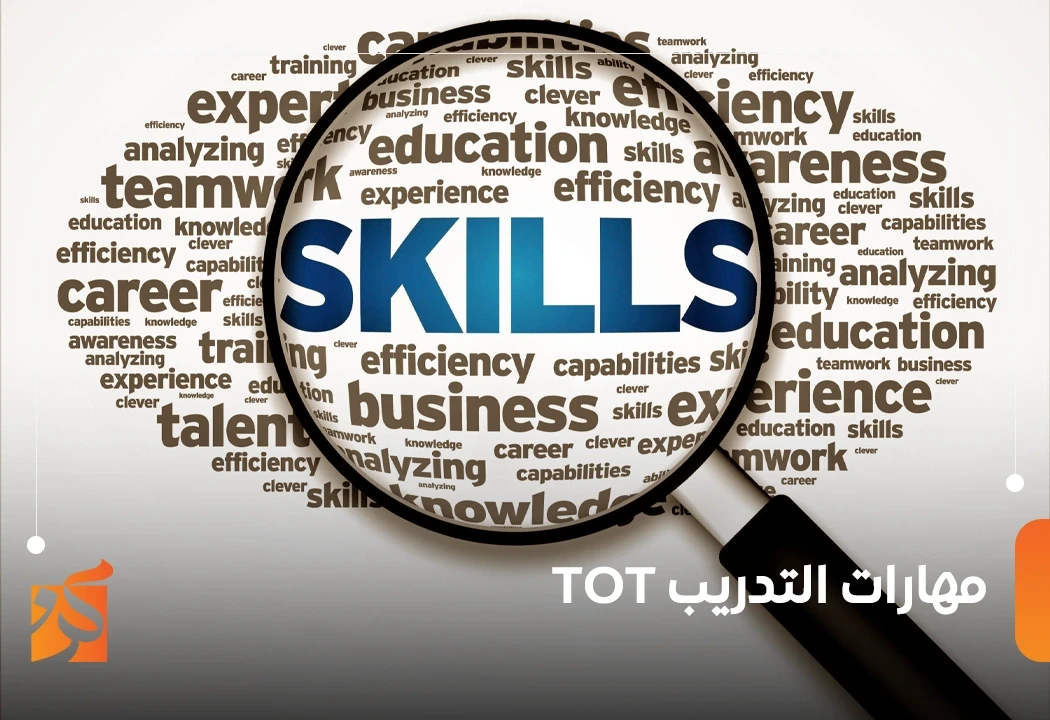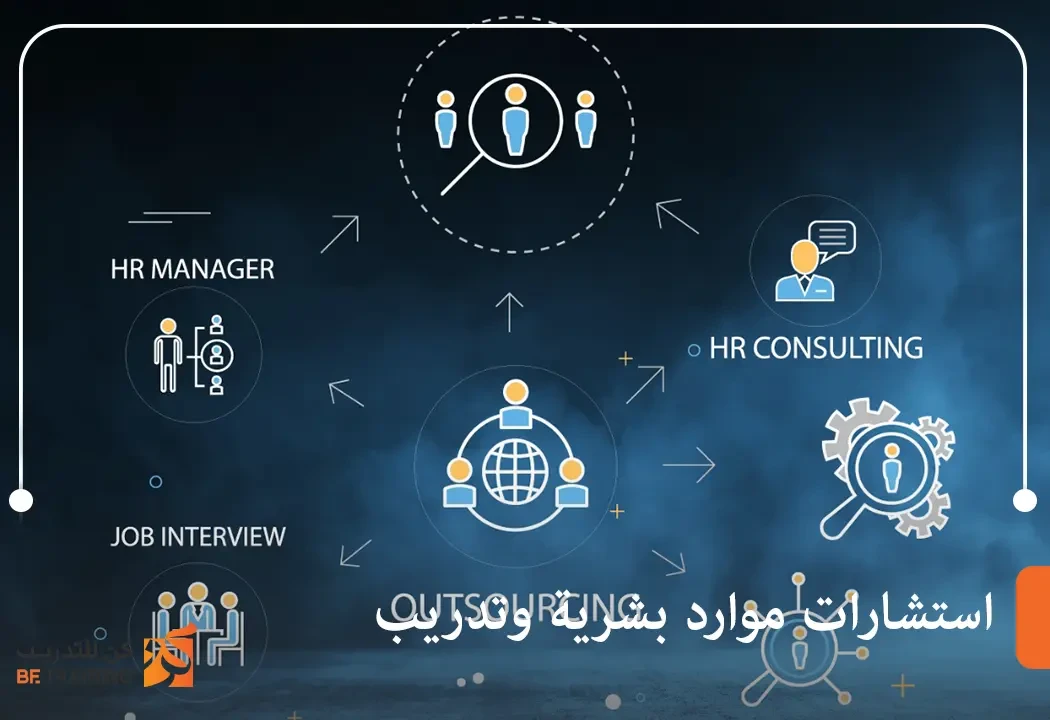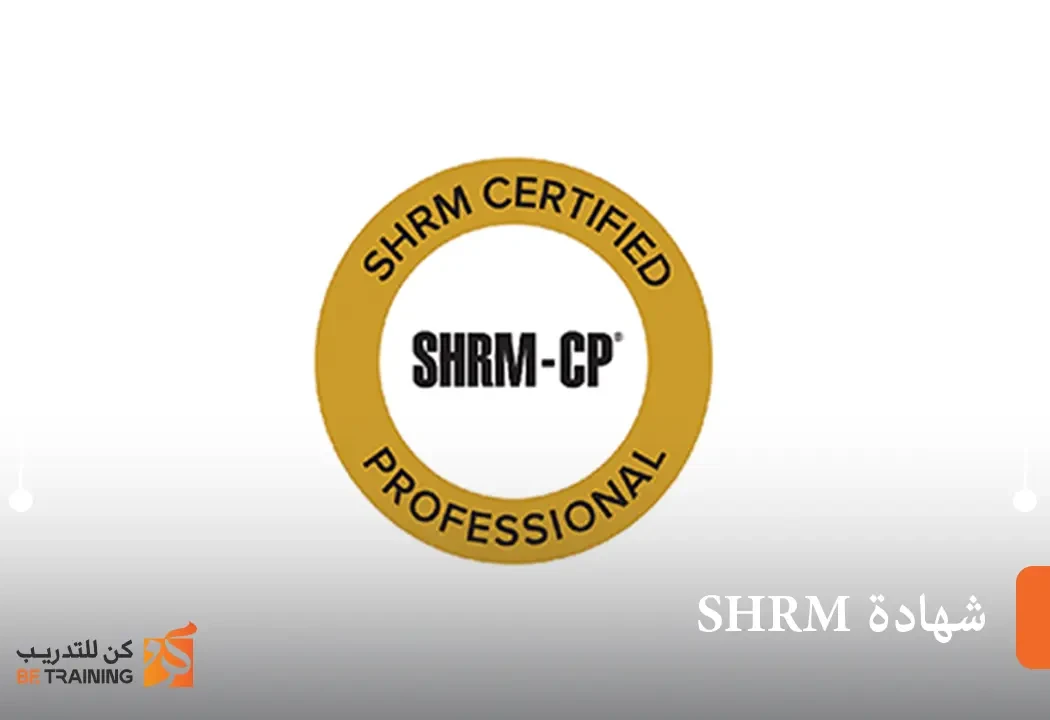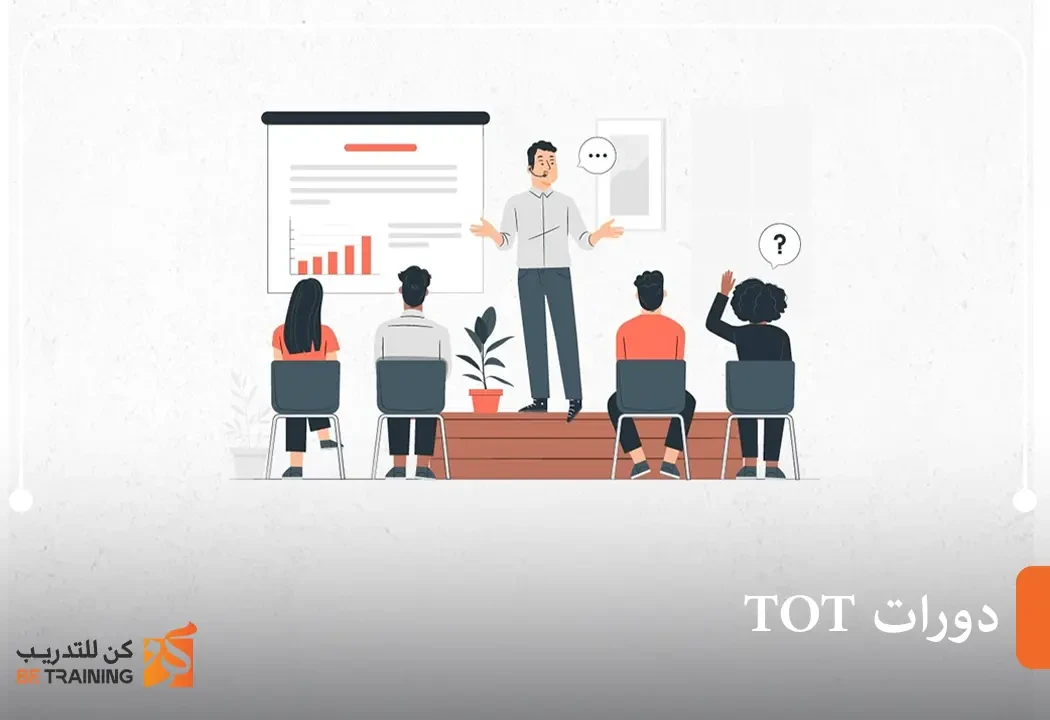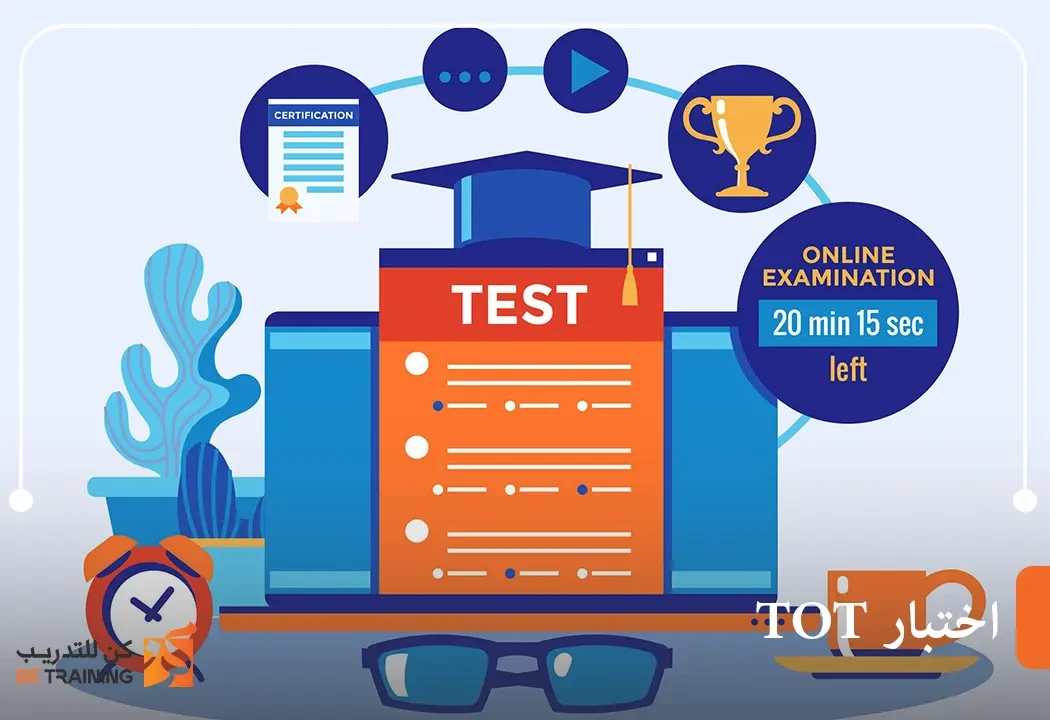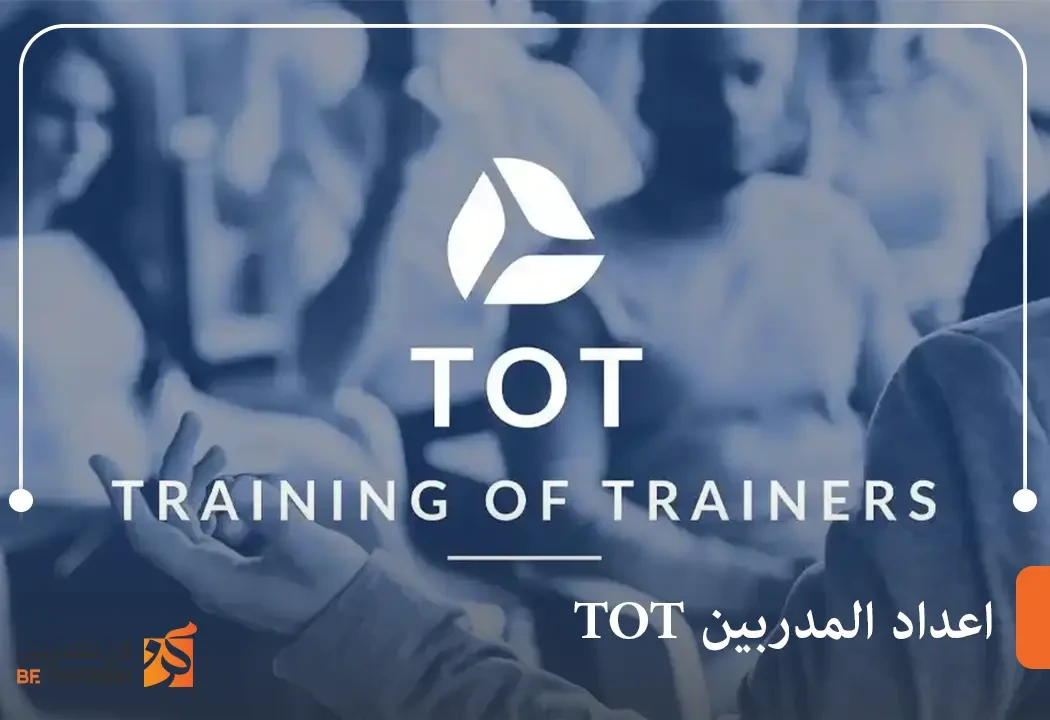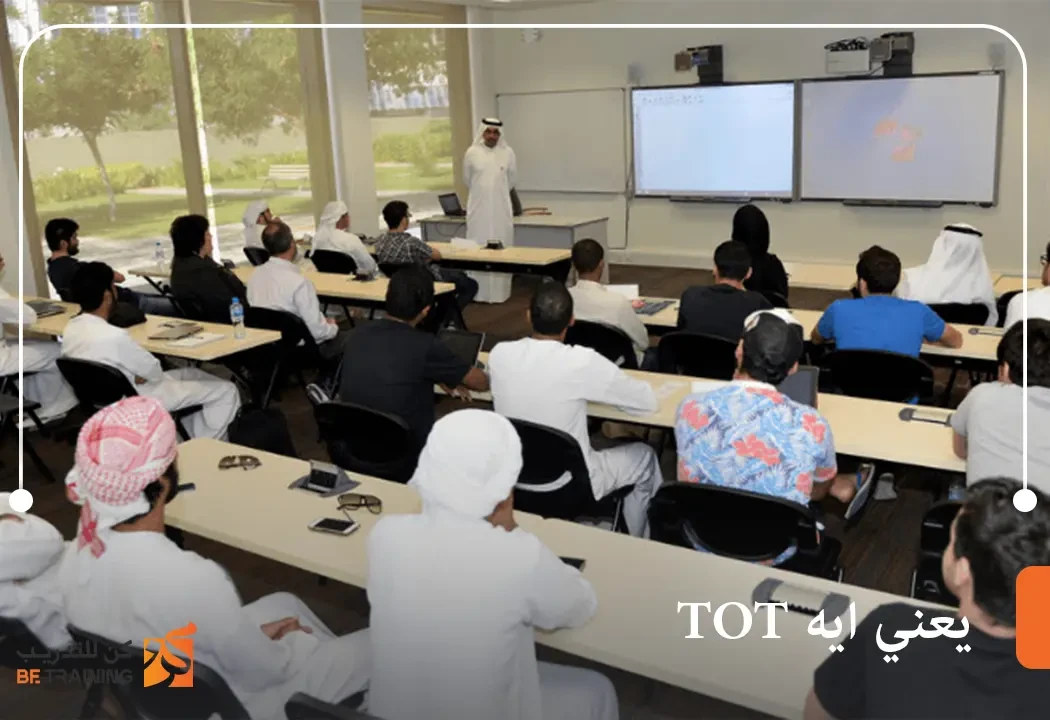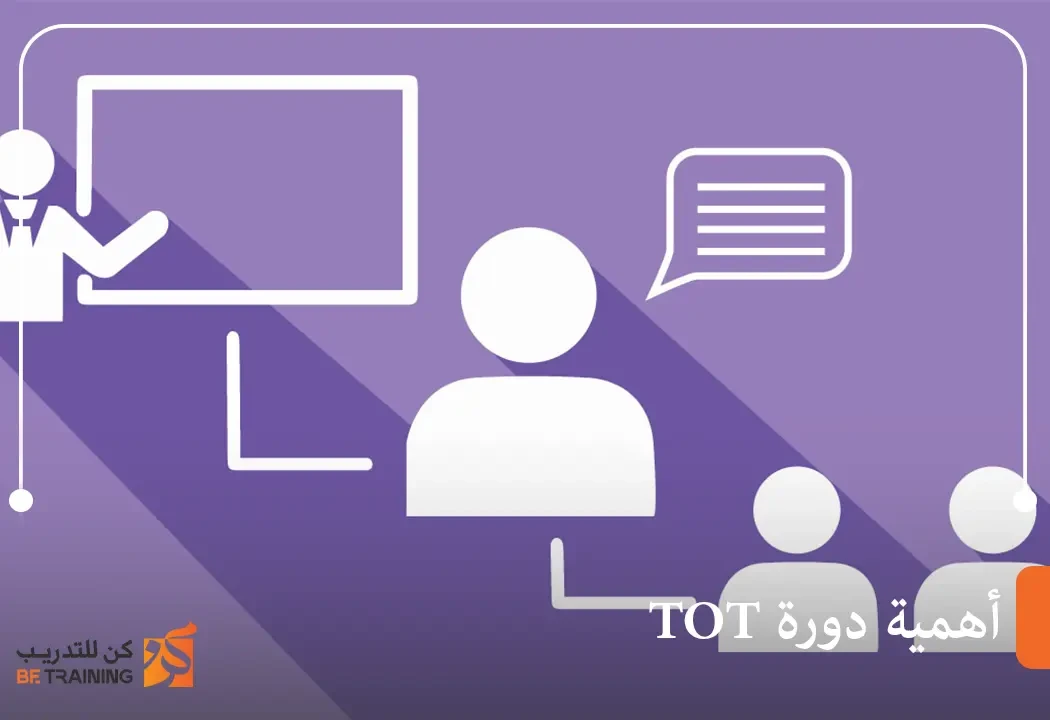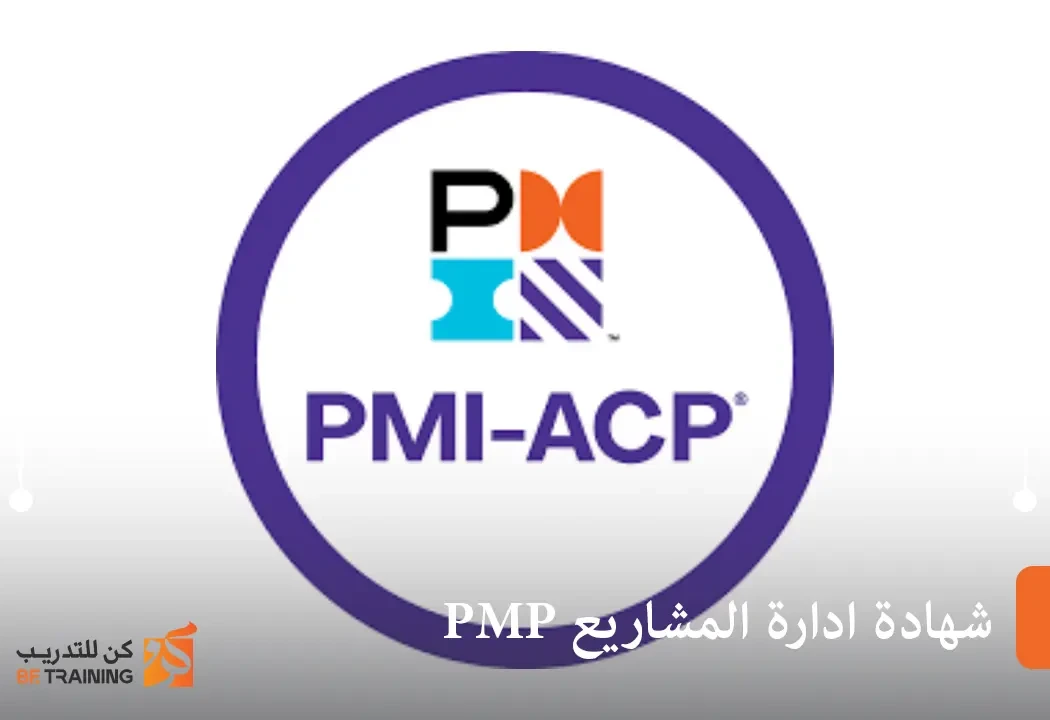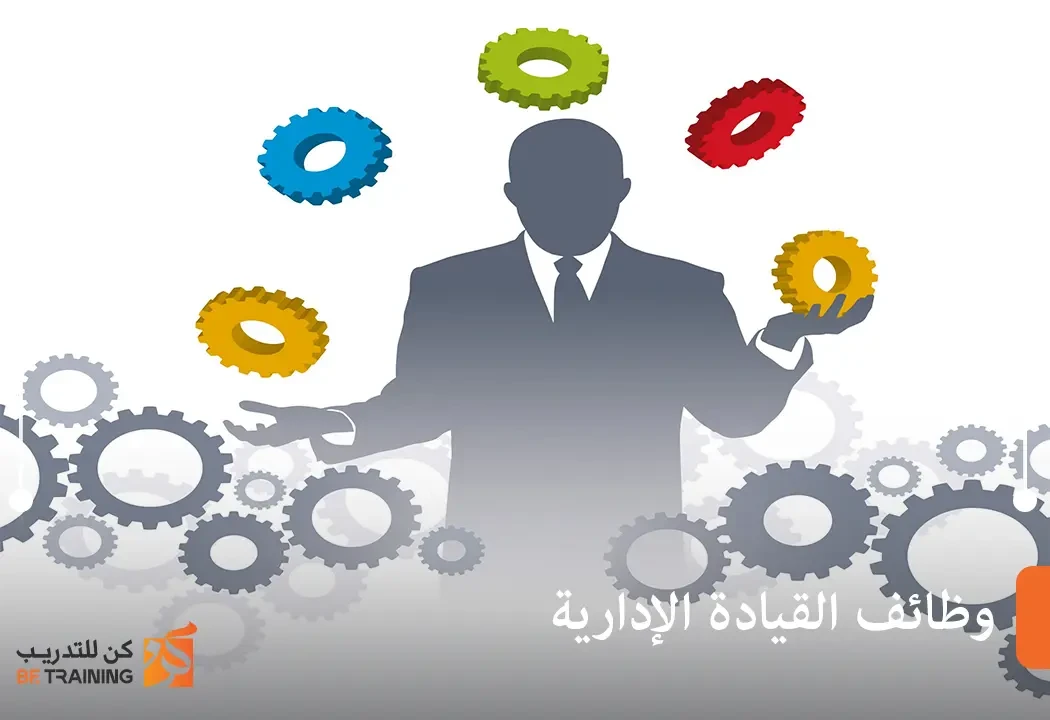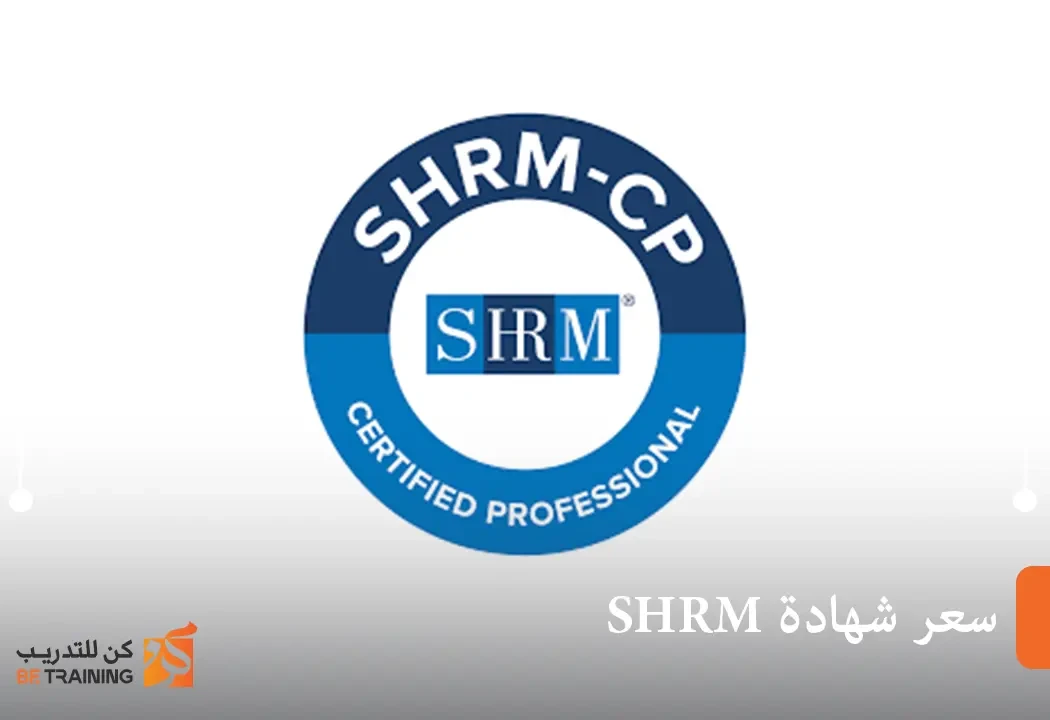
Human resources objectives
In today’s business world, human resources (HR) are one of the most critical pillars of any organization’s success. HR is a vital element that fosters sustainability and innovation within the workplace. It is not limited to employee management but represents a comprehensive strategy to enhance organizational performance. So, what are the goals of HR?
In this article, we will explore the concept and importance of HR, delve into its detailed goals, and highlight the best HR training courses offered by Be Training Academy. We’ll also discuss the reasons why you can trust Be Training Academy to enhance your HR skills.
The Concept and Importance of Human Resources
Before diving into HR goals, it’s essential to understand the concept and importance of human resources. HR refers to the group of individuals working within an organization, considered its most valuable assets. They contribute significantly to the success and sustainability of the company. HR encompasses everything related to hiring, developing, and managing employees in alignment with organizational objectives.
The importance of HR manifests in several key aspects, including:
- Selecting Competent Talent: HR helps build a professional team by hiring employees based on their skills and expertise, enhancing the organization’s ability to achieve its goals.
- Employee Development: HR provides continuous training and development opportunities to improve employees’ skills, boosting their productivity and alignment with market demands.
- Creating a Positive Work Environment: HR fosters a motivating work environment that promotes positive interactions among employees, raising overall performance levels.
- Performance Evaluation: Through regular employee performance assessments, HR identifies areas for improvement and provides constructive feedback to enhance growth.
- Attracting and Retaining Talent: HR uses effective strategies to attract talented employees and retain them, reducing turnover costs and improving organizational stability.
- Employee Engagement and Satisfaction: HR enhances employee satisfaction and promotes a culture of engagement, boosting morale and reducing workplace stress.
- Strategic Alignment: HR ensures that recruitment strategies align with overall organizational goals, enhancing adaptability and growth.
- Legal Compliance and Risk Management: HR ensures compliance with local and international laws and regulations, protecting the organization from legal risks.
- Data-Driven Decision Making: HR facilitates informed decision-making and improves strategies related to recruitment and performance management.
- Strategic Planning and Organizational Development: HR supports strategic planning to ensure organizational continuity and adaptability to change.
- Crisis Management and Employee Well-being: HR aids in managing crises and ensures employee well-being, strengthening organizational resilience during emergencies.
- Diversity and Inclusion: HR fosters workplace diversity and creates an inclusive environment that ensures equal opportunities for all employees, promoting innovation and creativity.
In summary, HR plays a crucial role in modern business management by driving sustainable success through performance improvement and human capital development.
HR Goals
HR aims to achieve several objectives, including:
- Achieving Organizational Goals: HR contributes to achieving organizational objectives by optimizing human resource utilization, streamlining recruitment, onboarding, and employee management to ensure sustainable progress and growth.
- Building an Employee-Centered Culture: HR creates a workplace culture that values employees, encourages innovation, and fosters communication, belonging, and mutual respect.
- Monitoring Employee Progress: HR provides ongoing support to employees by integrating learning and development opportunities into their experience, ensuring improved performance and retention of top talent.
- Enhancing the Employee Experience: HR improves the employee journey at every stage, including streamlining recruitment, responding quickly to candidates, and simplifying administrative processes, boosting satisfaction and stability.
- Promoting Organizational Flexibility: HR adopts flexibility by adapting to market changes and introducing innovations to simplify administrative structures, ensuring organizational sustainability in a dynamic environment.
- Understanding Business Operations: HR enhances its understanding of business needs and challenges faced by employees in various roles, improving coordination and achieving operational integration.
- Fostering Positive Work Culture: HR promotes a positive work culture that supports professional growth, values employees, and encourages work-life balance, boosting morale and performance.
- Motivating Employees: HR uses strategies like rewards, incentives, and training opportunities to motivate employees, enhancing productivity and performance.
- Training and Development: HR offers training programs to develop employees’ skills and prepare them for future challenges, including technical training and mentorship for new hires.
- Improving Coordination Among Employees: HR enhances communication and coordination within the organization by providing advanced tools that improve collaboration across teams, increasing overall efficiency.
These HR goals contribute to strengthening organizational structure and boosting the overall performance of employees and the organization.
Be Training Academy: The Best HR Training Courses
Be Training Academy offers a variety of specialized HR training courses designed to equip trainees with the skills and knowledge needed to improve individual and organizational performance. These courses focus on understanding and achieving HR goals. Some of the top courses include:
1. HR Management Course
This essential course develops both administrative and technical skills in HR management. It focuses on achieving HR goals by enhancing strategic planning, improving recruitment and selection techniques, and developing performance evaluation methods. The course also covers payroll management, labor law compliance, and provides a comprehensive understanding of HR fundamentals. Topics include:
- HR Planning
- Recruitment and Selection
- Performance Management
- Leadership Development
- Compensation and Benefits Management
- Labor Laws
2. Certified HR Management Course (CBP)
The Certified HR Management Course (CBP) is one of the most specialized programs, aimed at enhancing HR goals through modern strategies and practical experience. Participants learn:
- Basics of HR Management
- Building Teams and Recruitment Processes
- Employee Motivation
- Providing Feedback
- Effective HR Strategies
- Workplace Health and Safety
- Disciplinary Procedures and Legal Aspects
- Performance Evaluation
- HR and Public Relations
- Workplace Ethics
Why Choose Be Training Academy?
Several reasons make Be Training Academy the ideal choice for developing your HR skills and achieving your professional goals:
- Specialized Content: Comprehensive programs covering all aspects of HR in line with the latest global trends.
- Qualified Trainers: Courses are delivered by a team of experienced experts to ensure high-quality training.
- Interactive Learning Environment: The academy offers a dynamic and engaging environment that encourages skill application.
- Flexible Training Options: Choose from in-person sessions or online learning to suit your needs.
- Continuous Support: Be Training Academy provides ongoing consultation and assistance to maximize your learning outcomes.
After exploring the goals of HR, connect with us now at Be Training Academy. Let us help you develop your skills and achieve your professional HR goals with the best certified training programs and expert guidance!
















